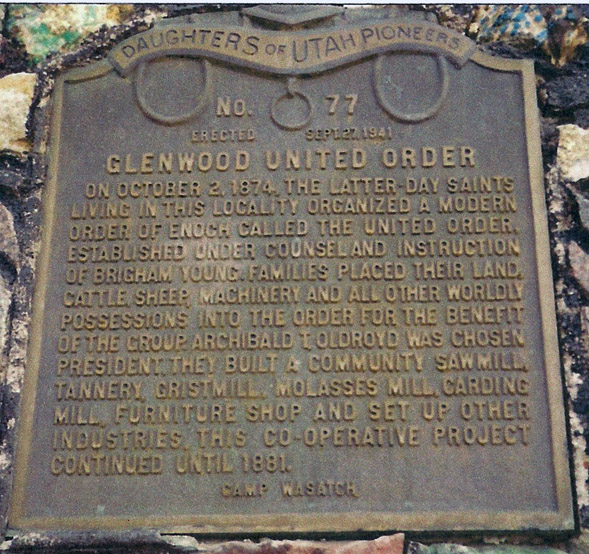-
•
•
6 responses
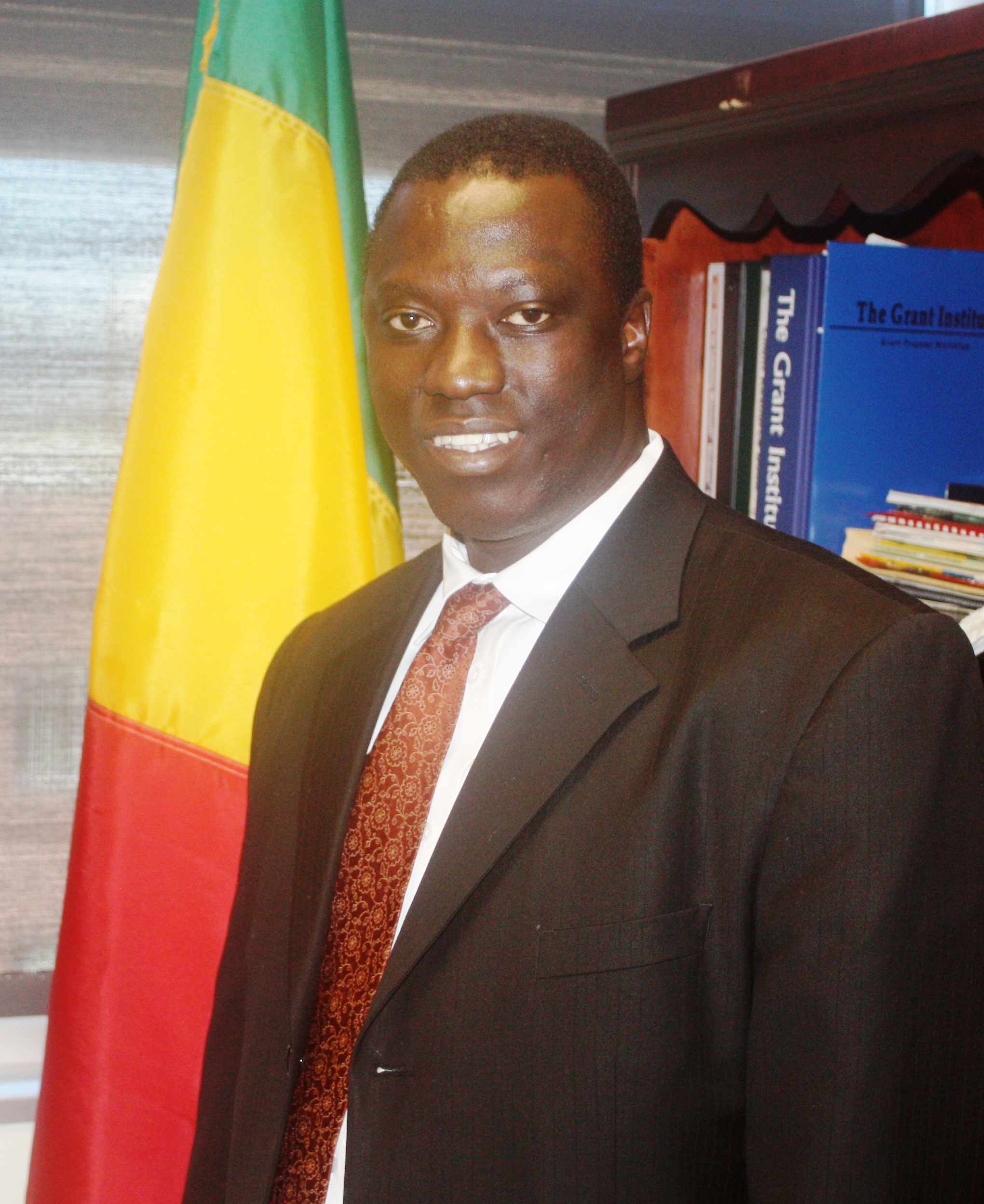
We’re all familiar with unintended consequences. Recent news reports claim that the unintended consequence of last year’s Libyan civil war, which resulted in the death of long-time dictator Muammar Gaddafi. According to these reports, many of Gaddafi’s trained warriors were ethnic Tuaregs from northern Mali. When they returned after the Libyan war, these fighters joined the long-simmering Tuareg rebellion, which heated up suddenly in January. The result? Last week a group of Malian soldiers staged a coup, ousted the Malian government, and cancelled the forthcoming elections. Yes, the same elections that featured an LDS candidate, Yeah Samake. Read More
-
•
•
16 responses
![All History is Local: A Review of Tiki and Temple by Marjorie Newton [minor update]](https://timesandseasons.org/wp-content/uploads/2012/03/Newton__Tiki.jpg)
Newton, Marjorie. Tiki and Temple: The Mormon Mission in New Zealand, 1854–1958. Draper, UT: Greg Kofford Books, 2012. Paperback. 343 pages. ISBN: 978-1-58958-1210. $ 29.95. Former Speaker of the U. S. House of Representatives, “Tip” O’Neill, is well known for saying All politics is local. By that he meant that voters choose who they support based on how it effects them locally, instead of on major national ideological issues. While how true this is may be debatable (don’t here, its off topic), I think it extends to history also. All history is local. Read More
-
•
•
13 responses
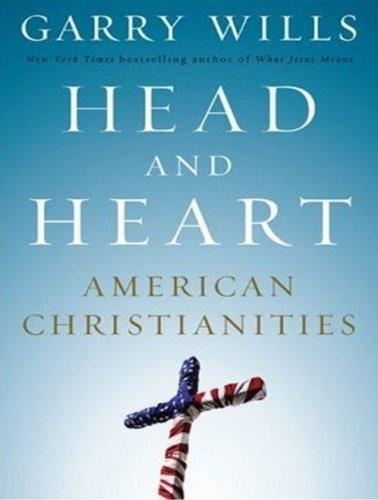
That question is not as straightforward as you might think. Garry Wills’ Head and Heart: American Christianities (Penguin Press, 2007) reviews these two different approaches and uses them to structure his history of Christianity in America. It is an effective format that helps the reader follow developments, in contrast to most histories of religion in America which are often overloaded with doctrinal and denominational details that have little interest for most contemporary readers. Read More
-
•
•
31 responses
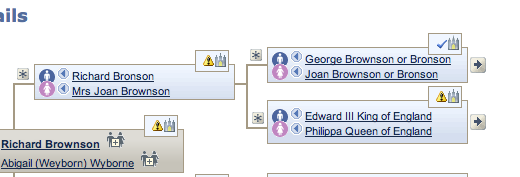
Sunday night, I was at a meeting, the intent of which was to help us each get a name to take through the temple. Bandwidth problems significantly detracted from our ability to do so, but, as I was playing on FamilySearch, I discovered something incredible: I’m descended from royalty! Don’t believe me? Check it out: See? Proof irrefutable. Mrs. Joan Brownson, my great-great-great-etc.-grandmother was the daughter of the King and Queen of England.[fn1] Except that it didn’t feel quite right. So I dug a little deeper. Under “Parents and Siblings,” I saw this: So it turns out I’m doubly awesome.… Read More
-
•
•
4 responses
IV Brazilian Mormon Studies Conference Annual Conference of the ABEM (Associação Brasileira de Estudos Mórmons) Theme “The Relationship between Headquarters and Periphery in the LDS Church” January 19, 2013 São Paulo, Brazil Call for Papers In 1830, Joseph Smith organized the Church of Christ in Manchester, New York State, when the movement had only three distinct congregations: one in Manchester / Palmyra, another in South Bainbridge (NY) and third in Harmony (PA). In just over a year, Smith consolidated the three congregations in the area of a fourth and new congregation, directing all his followers to move to Kirtland,… Read More
-
•
•
While eclipsed by the Iron Rod imagery in Nephi, the Olive Tree imagery in Jacob is still well-known and referred to frequently. Like so much of Mormon theology, it attempts to give an explanation for the whole swath of human history and show that we are in the last days. Since both images are unique to the Book of Mormon, they are only found in Mormon sources. The earliest use of the Olive Tree imagery in literature is from Parley P. Pratt, who included it in his poem, Historical Sketch from the Creation to the Present Day. This poem was… Read More
-
•
•
79 responses
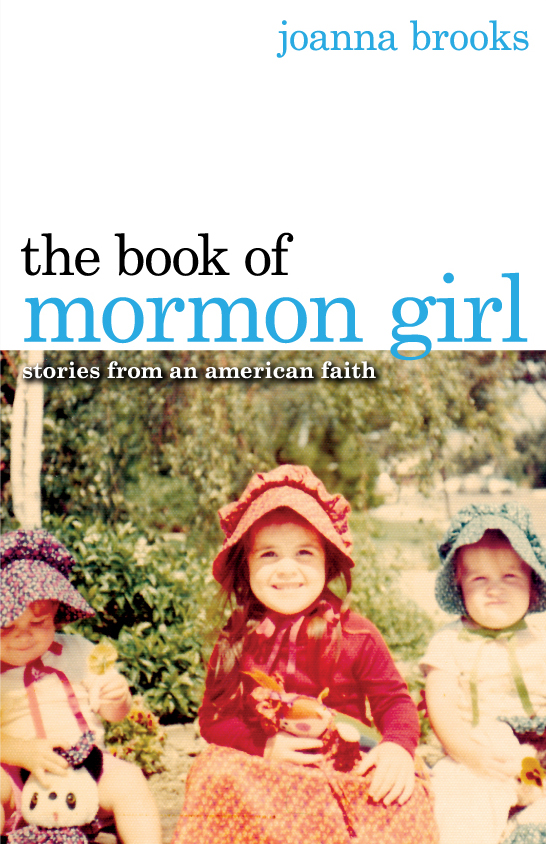
Joanna Brooks is the Chair of the Department of English and Comparative Literature at San Diego State University. She is the author of several books, most recently The Book of Mormon Girl: Stories From an American Faith (2012). The book is available at Amazon and at the author’s website. A short couple of hundred pages, the book is at various turns both enjoyable and troubling, as the author recounts growing up LDS in Southern California, informally leaving the LDS Church then returning to activity, then rather suddenly emerging as a leading voice of what might be termed the progressive Mormon… Read More
-
•
•
30 responses
It occurred to me the other day when I read Givens’ beautiful description of why we perform ordinances for the dead that our response to some critics of the practice of posthumous baptism may be too defensive. In response to those who believe that baptism or some other ordinance or event is required to enter God’s Kingdom, shouldn’t we go on the offensive and ask them what they are doing about those who were never baptized? Near as I can tell, hundreds of millions, if not billions, of humans have died without even having heard the gospel of any western… Read More
-
•
•
4 responses
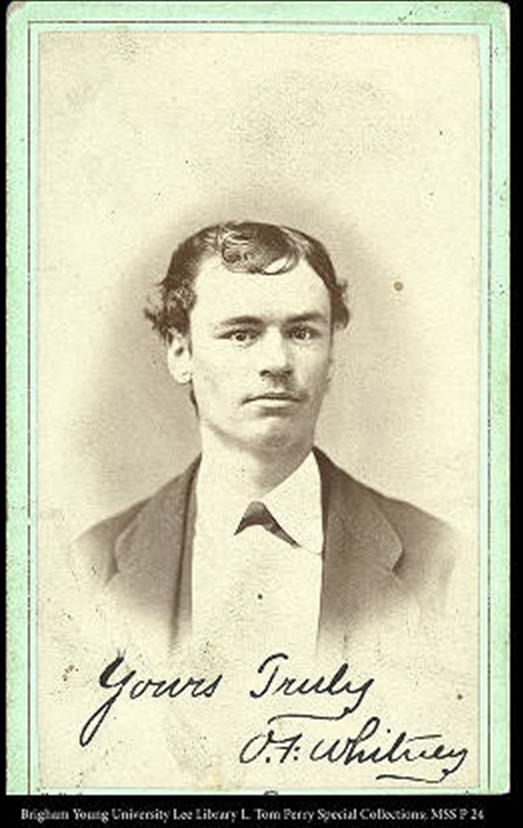
A major element of Jacob’s sermon in Jacob 2 is his condemnation of pride and those caught up in their riches. In that sermon, Jacob not only preaches against pride, but argues for equality, saying “Think of your brethren like unto yourselves, and be familiar with all and free with your substance, that they may be rich like unto you.”(2:17) and adding “one being is as precious in His sight as the other.” While Jacob likely lived too early in Nephite history for inherited classes to develop, still these views seem to clearly argue against classes and social hierarchy. Read More
-
•
•
44 responses
And it’s in the news again. We have Elie Wiesel’s name slated for baptism, baptisms performed for Nazi-hunter Simon Wiesenthal’s parents, baptism performed for Anne Frank (for the ninth time!), baptism performed for Daniel Pearl (who was killed in part, at least, because he was Jewish), and baptism performed for Gandhi. This in spite of the Church’s agreement (in 1995!) to remove Holocaust victims from the database.[fn1] And, apparently, the Church has now sent out a strongly-worded letter to be read in Sacrament meetings.[fn2] In the letter, the Church (strongly) reiterates the prohibition on submitting celebrity and Holocaust victim names,… Read More
-
•
•
93 responses
It has been only one week since the initial Washington Post article quoting BYU Professor Randy Bott’s controversial statements was published. [See Kent’s very helpful ongoing chronology of events and published stories.] But a week is a lifetime online. While official and unofficial reactions will continue to play out over coming weeks and months, we can already see who the winners and losers are among the main players. Briefly, the winners are the LDS Church, LDS Public Affairs, LDS bloggers and columnists, the mainstream media, and the rank and file members of the Church. The losers are BYU and the… Read More
-
•
•
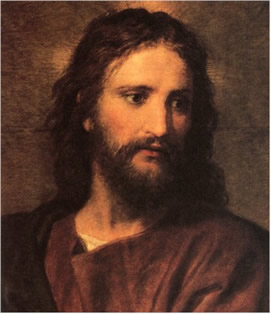
In Nephi’s final writings (2 Ne. 31, discussed in Book of Mormon Gospel Doctrine lesson 11) he teaches about the “doctrine of Christ,” focusing on Christ’s baptism and redemption of the world from sin and on urging his readers to “endure to the end.” This doctrine is the heart of the gospel, the key element of the plan of salvation and eternal progress. Which makes the following poem fit well with the lesson. I only wish that the poem also somehow mentioned baptism. Read More
-
•
•
48 responses
![The Bott Gaffe: A Chronology [Updated 6Mar12 9:45p]](https://timesandseasons.org/wp-content/uploads/2012/03/randybott.jpg)
Since Wednesday, when I read the Washington Post article that cited BYU Professor Randy Bott, I have been surprised at two elements of the news and commentary I’ve read about it. First, I’ve been pleasantly surprised at the unanimity of the response—no one that I’ve seen has tried to defend the ideas that Bott expressed. Second, I’ve been surprised at the speed of the official response. If it is possible, the response makes the views expressed by Bott seem anachronistic to Mormonism today. And I hope this response will make clear to those who still maintain some version of these… Read More
-
•
•
121 responses
[Update 2:] The Church has responded, both with respect to Dr. Bott’s statement and with a statement on the Church and race. I’m adding the text of each to the bottom of the post, but I want to highlight these two excerpts: We condemn racism, including any and all past racism by individuals both inside and outside the Church. The origins of priesthood availability are not entirely clear. Some explanations with respect to this matter were made in the absence of direct revelation and references to these explanations are sometimes cited in publications. These previous personal statements do not represent… Read More
-
•
•
4 responses
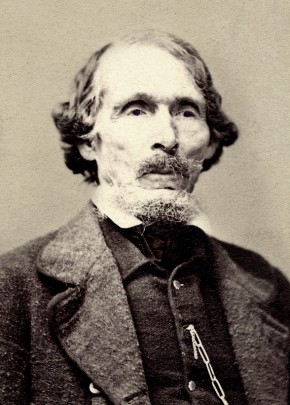
Perhaps the most common theme in early Mormon poetry is the restoration. But while the Book of Mormon itself prophesies about the restoration (as it does in the 10th Book of Mormon lesson), it wasn’t until this hymn was published in 1833 that Mormon poetry addressed the subject. Of course, soon after the Restoration became a very common theme in Mormon poetry from many authors. William Wines Phelps, the author of this hymn was also one of the first and most prolific of Mormon poets, although unlike his contemporaries Parley P. Pratt, Eliza R. Snow and John Lyon, Phelps never… Read More
-
•
•
35 responses
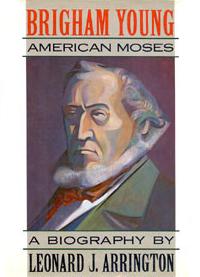
Often I find that I am annoyed with the focus of much of Mormon History studies today. The articles and books published seem to mostly cover the Joseph Smith and Brigham Young eras, along with a bit of the later Utah period, up to the turn of the century. At least, that is my perception. Read More
-
•
•
2 responses
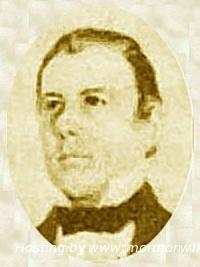
Scripture is often repeated in scripture, and poets have rarely been shy about re-using lines of poetry, often without attribution. Plagiarism is everywhere, and our view of it as a faux pas is really relatively recent—this view is certainly more recent than the mid 19th century, when Mormon newspapers started churning out poetry and other forms of Mormon literature. The 9th Book of Mormon lesson is also about repeated scripture, specifically Nephi’s use of the early chapters of Isaiah which seem to make up the bulk of 2nd Nephi. Perhaps Nephi served as an example for the poetry I’ve chosen… Read More
-
•
•
111 responses

I was a little annoyed to hear it on the radio again yesterday. The Church was apologizing because apparently over-enthusiastic members had performed temple ordinances for recently-departed Jews, AGAIN! This time the situation was particularly egregious because the Jews involved are the parents of the late Nazi-hunter and war-crimes expert Simon Wiesenthal. Can those who keep submitting these names stop already? Read More
-
•
•
6 responses

Tomorrow morning, a bunch of Provoans (and presumably others) will wake up with a brand new ring on their left ring fingers. To all of you: congratulations and good luck! This, though, isn’t your story. Read More
-
•
•
5 responses
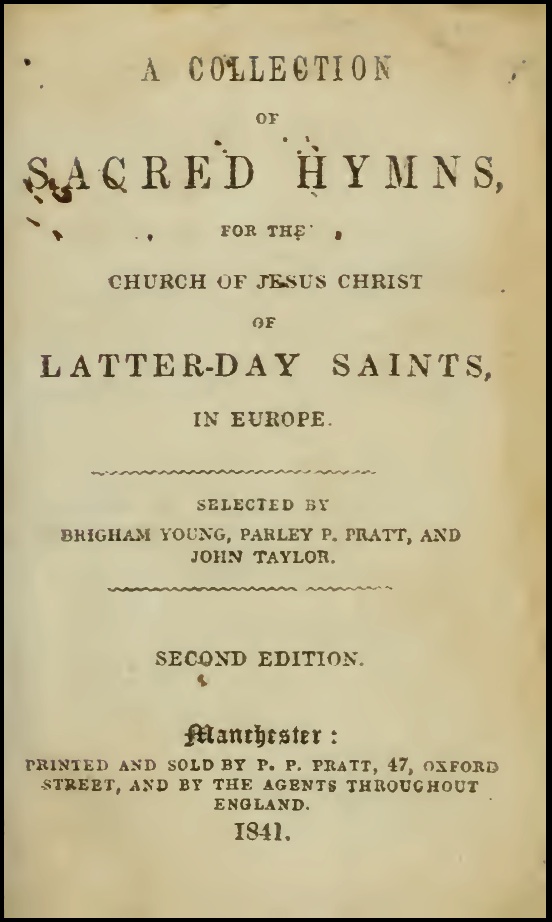
Active Mormons hear poetry about the atonement each Sunday in the sacrament hymn, so finding a poem to go with Jacob’s discourse on the atonement in 2 Nephi 9 isn’t too much of a burden. The hard part is finding something that isn’t already well known and is unique to Mormonism, which I’ve generally tried to do in this series. There are 28 sacrament hymns in the current hymnal, most of which are probably familiar. However, there have been a number of other sacrament hymns that are no longer in our current hymnal. Most of those are not by Mormons.… Read More
-
•
•
2 responses

Lehi’s final counsel in the Book of Mormon is to his son Joseph makes an interesting literary link between Joseph in Egypt, Joseph the son of Lehi and Joseph Smith, Jr. But, LDS authors have largely ignored this link, especially before 1900, when any mention of Joseph was usually a reference to Joseph Smith, Jr. But I did manage to find an exception in Orson F. Whitney’s epic, Elias. As far as I can tell, other than general righteousness, the only real link between these three is that they happen to have the same name. Their histories aren’t really comparable… Read More
-
•
•
50 responses

I have seen several notices publicizing an upcoming conference at BYU, Exploring Mormon Conceptions of the Apostasy. Sounds interesting, particularly in light of the one-paragraph blurb stating goals for the conference, which challenges rank and file members of the Church as well as scholars to reconsider LDS views of “the Great Apostasy”: Examining claims of historical apostasy is a pertinent task for members of The Church of Jesus Christ of Latter-day Saints. For the last hundred years, the Great Apostasy narrative has shaped Latter-day Saint historical assumptions, contributed to the construction of Latter-day Saint social and theological identity, and impacted… Read More
-
•
•
21 responses
Last Friday McKay Coppins, in an article titled Mitt’s Mormon Army: How It Works, looked at how grassroots Mormon support for Mitt Romney has managed to organize, despite the Church’s statements that its resources should not be used for election campaigns. Coppins points out, as most LDS Church members already know, that not everyone respects the Church’s wishes. Read More
-
•
•
7 responses
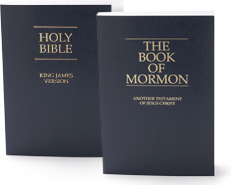
This is the fourth in a series of posts taking a broad look at the Book of Mormon. This post continues the discussion of the prior post, The Book of Mormon as Narrative, by considering verisimilitude. This term refers to how faithfully a text represents the real world or, to various degrees, depicts events that do not conform to the readers’ view of the real world. First, a tighter definition of verisimilitude [Note 1]: The semblance of truth or reality in literary works; or the literary principle that requires a consistent illusion of truth to life. The term covers both… Read More
-
•
•
3 responses
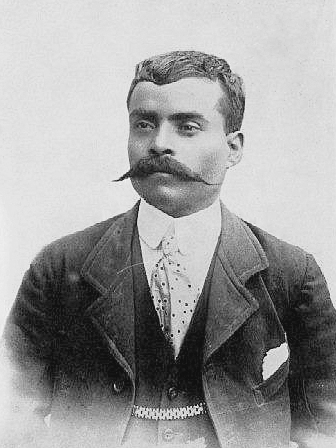
I returned yesterday from attending the 3rd annual conference of the Associação Brasileira de Estudos Mórmons (Brazilian Mormon Studies Association) inspired with the fascinating subjects covered during the conference and ready to dive into another year of research in preparation for next year’s conference. In particular, one presentation was groundbreaking, changing the perception of Mormonism in Mexico before WWII. Read More
-
•
•
10 responses
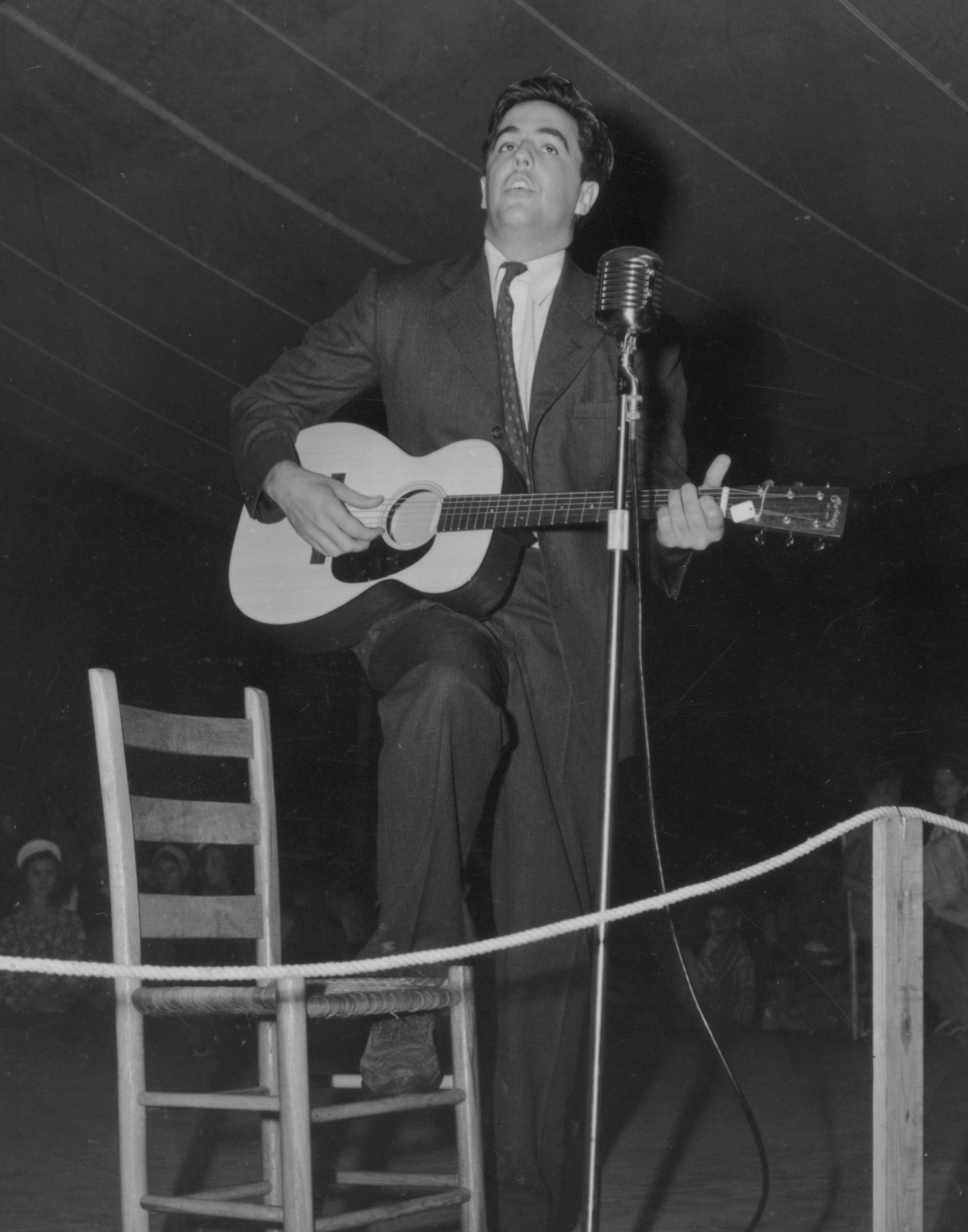
Today, were he still alive, Alan Lomax would have celebrated his 97th birthday. I confess that I wasn’t familiar with Lomax until after I got married. The long and the short of it: Alan Lomax was a folklorist and an ethnomusicologist. Read More
-
•
•

One of the fascinating things that happen in Lehi’s fatherly advice to Jacob in 2 Nephi 1 and 2 is that he tries to put together an overall philosophical basis for the gospel. Here the war in Heaven is related to our ability to choose, the fall is related to the atonement, and our choices are related to the very nature of existence, which, Lehi says, requires that there be an “opposition in all things.” Read More
-
•
•
8 responses
-
•
•
12 responses

This is the third post in a series taking a broad view of the Book of Mormon (first, second). In this post I will discuss aspects of narrative encountered in the text. Not all scripture is narrative: consider the lengthy legal codes in the Torah and the moral exhortation found in James. Not all historical accounts are in the form of a narrative, although most history books written for the popular market are narrative histories. Most novels are in the form of a narrative, including historical fiction, which adds authorial speculation to large chunks of authentic history, often mixing fictional… Read More

